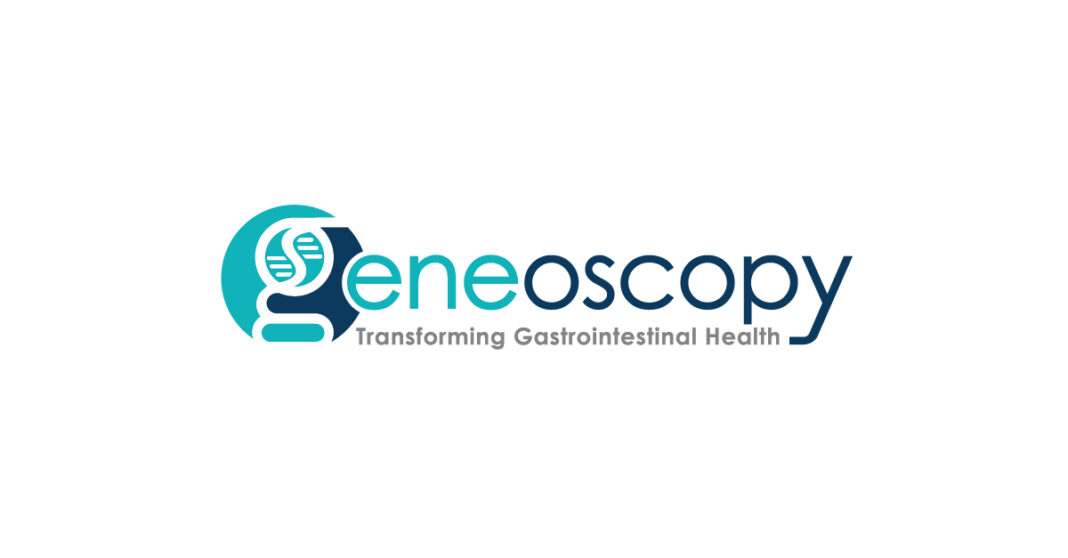The US Food and Drug Administration has officially handed Geneoscopy an approval for its noninvasive colorectal cancer (CRC) screening test, ColoSense, which is designed to serve adults who are at a typical average risk for developing CRC. Made to be used with people of 45 years of age or older, ColoSense arrives on the scene with an FDA breakthrough designation, and that is because it is the first ever noninvasive colorectal cancer screening test to provide a dynamic view of disease activity. Talk about how the device delivers on its promised value proposition, it leverages the power of RNA biomarkers, as they are not subject to age-related methylation patterns that can lead to variability in test performance across different age groups. To understand the significance of such a solution, though, we first need to acknowledge how colorectal cancer is currently the second deadliest cancer across United States, but despite that being the case; millions of eligible Americans do not get screened due to a lack of access to or avoidance of invasive options like colonoscopies. Making matters worse is the expansion in the age range that seems to be suffering from CRC. You see, over the recent past, incidence rates have risen steadily in people aged below the 50 years mark, which used to be a baseline age for CRC.
“The growing number of adults diagnosed with colorectal cancer underscores the urgent need for innovative approaches in screening. It’s essential to eliminate obstacles and broaden the availability of screening methods for healthcare providers and patients,” said Anjee Davis, president of Fight CRC. “We hope that introducing new FDA-approved diagnostic tools, including stool-based tests like ColoSense, will help to advance access and increase screening rates, ultimately reducing the impact of late-stage colorectal cancer diagnoses.”
The approval for ColoSense came, markedly enough, after Geneoscopy’s CRC-PREVENT trial, where participants aged 45 and older from various racial, ethnic, and socioeconomic backgrounds were evaluated using a novel decentralized enrollment approach. More on the participants would reveal how 64% of the total lot had never been screened for colorectal cancer, whereas 68% of participants had not scheduled a colonoscopy at the time of enrollment. Going by the results that were published, ColoSense successfully demonstrated 93% sensitivity for CRC, and identified 100% of CRC in Stage I, when the disease is most curable. Furthermore, the device was also able to detect 45% of advanced adenomas, when the disease is most preventable. For the specific age demographic of 45 to 49 years old individuals, a critically important screening demographic, the sensitivity and AA sensitivity was found to be 100% and 44%, respectively.
“Securing FDA approval for ColoSense marks a significant milestone for Geneoscopy and demonstrates that our patented RNA technology can provide millions of eligible adults with a safe and effective option for detecting CRC and advanced adenomas,” said Andrew Barnell, CEO and co-founder of Geneoscopy. “This achievement is a testament to our deep dedication and commitment to bringing innovative technology to market that will improve outcomes for this deadly, yet preventable, disease.”
Having received FDA’s green light, Geneoscopy is now actively collaborating with payors, professional societies, and advocacy partners to support a commercial launch later this year or early in 2025. On top of that, the company will also facilitate the said launch through a partnership with Labcorp, a global leader of innovative and comprehensive laboratory services.


















